PA President Abbas thanks Iraq's Ayat. Sistani for supporting Palestinian cause during Pope visit
The Palestinian Authority's President Mahmoud Abbas has expressed his gratitude towards Grand Ayatollah Ali al-Sistani over the senior Iraqi Shia cleric’s expression of support for Palestinians during a recent historic meeting with Pope Francis.
The Palestinian official made the remarks in a letter to Ayatollah Sistani, thanking the religious authority for lending support during the meeting to the Palestinian cause of liberation from Israeli occupation and aggression, Lebanon’s al-Manar television network reported on Saturday.
Abbas noted how Ayatollah Sistani had backed “the Palestinians in their fight to restore [their] national rights” in his remarks to the head of the Roman Catholic Church.
The Palestinian president also “expressed his hope that the Iraqi and the rest of the Arab peoples enjoy prosperity and restore sanctities on top of which is al-Quds.”
He was referring to the holy occupied city of Jerusalem al-Quds in the Palestinian territory of the West Bank that has been under Israeli occupation since 1967. Al-Quds hosts the al-Aqsa Mosque compound that is considered as one of Islam's holiest sites.
The pontiff traveled to Iraq on an unprecedented four-day visit from March 5 to 8. The landmark interfatih meeting took place in the holy city of Najaf.
A statement that was released by the cleric’s office afterwards offered some details of the meeting. It said Ayatollah Sistani had discussed the adversities that faced the people of the world, “especially the Palestinian people in the occupied territories” with Pope Francis.
These, the statement noted, included “the injustice, oppression, poverty, religious and intellectual persecution, suppression of basic freedoms, and the absence of social justice, especially the wars, acts of violence, economic blockade, displacement and so on” that was faced by the Palestinians and other members of the international community.
Ayatollah Sistani also expressed his opposition during the meeting to any normalization with the Israeli regime.
Since last September, several regional countries have normalized their relations with the occupying regime with mediation by the United States.
All Palestinian factions and their dedicated supporters have, however, voiced their outright opposition to the development, calling it a betrayal of the Palestinian cause.
Observers have also warned that such rapprochement allows Tel Aviv to interfere in the region’s affairs, including the regional security equation.
Spain jurists demand ties with Israel ties be cut
VIDEO | Press TV's news headlines
VIDEO | Iran honors top Science Olympiad medalists
VIDEO | Austrians arrested at Gaza protest in Vienna
10 killed in bus crash in western Iran
VIDEO | One-man-band journalism with Civili
5 Israeli forces killed as Palestinian fighters face up to regime’s war machine
VIDEO | An insider's view of the country: Persian Tahini, Royan in Mazandaran


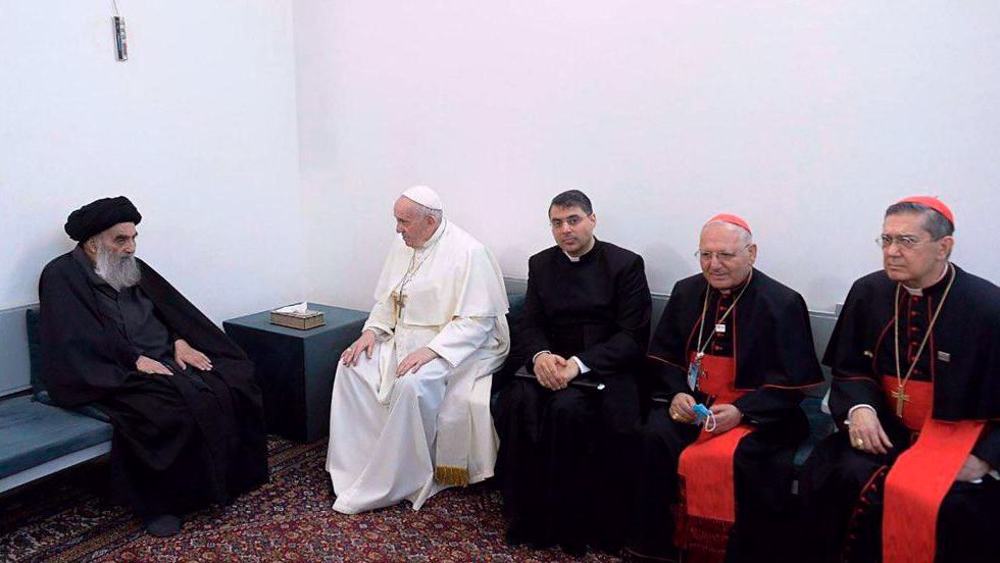






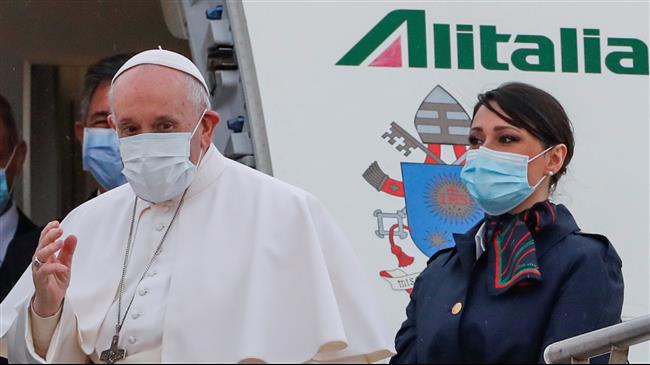
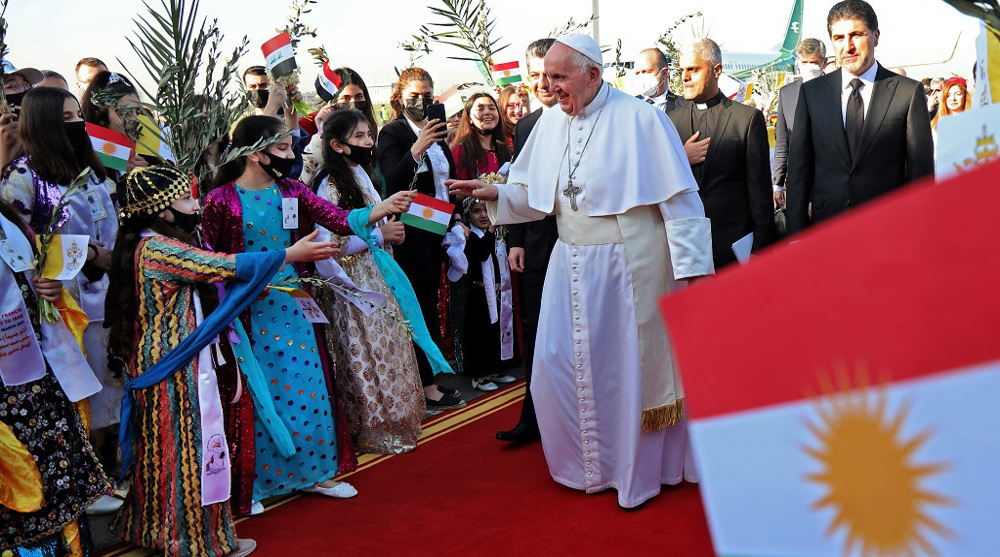
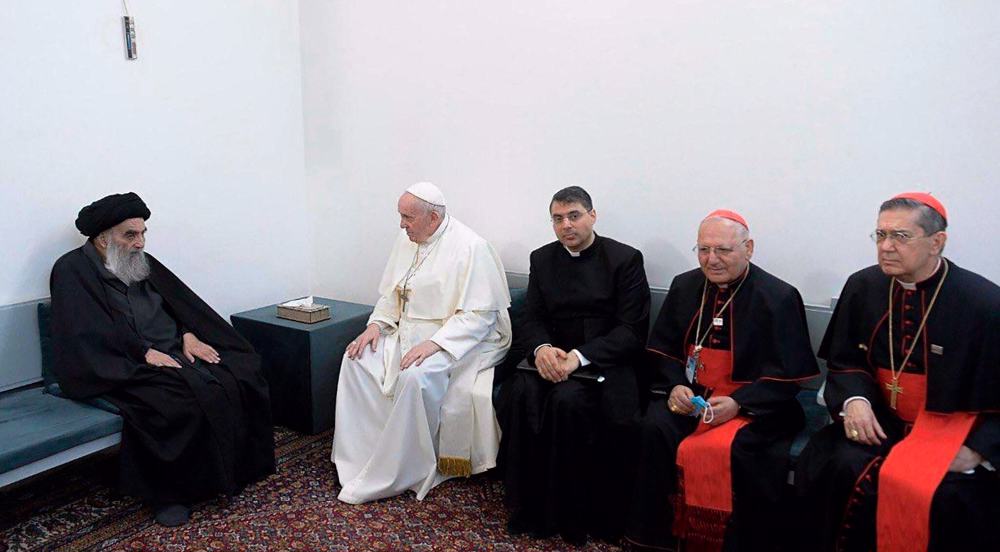

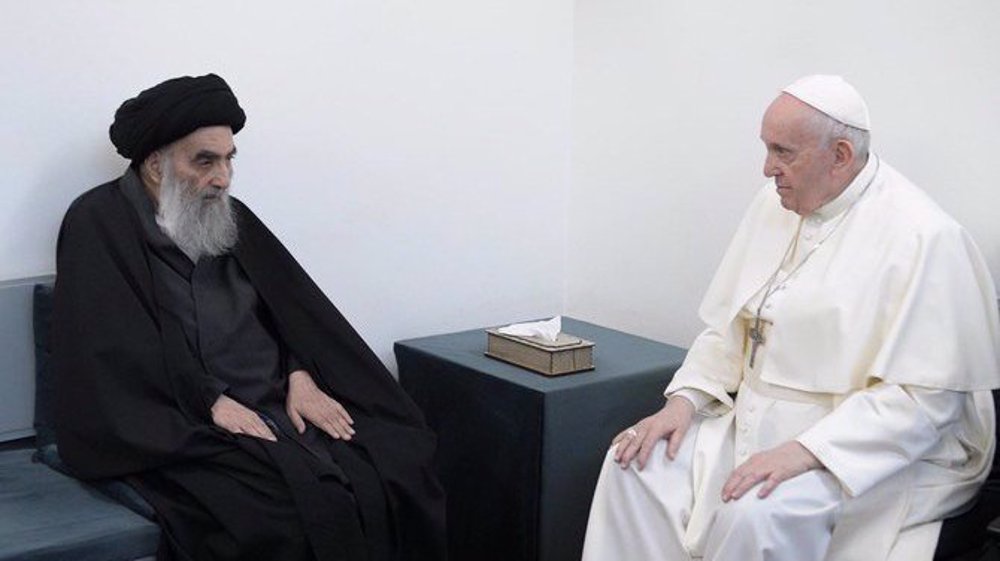

 This makes it easy to access the Press TV website
This makes it easy to access the Press TV website